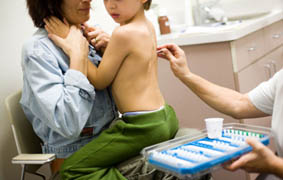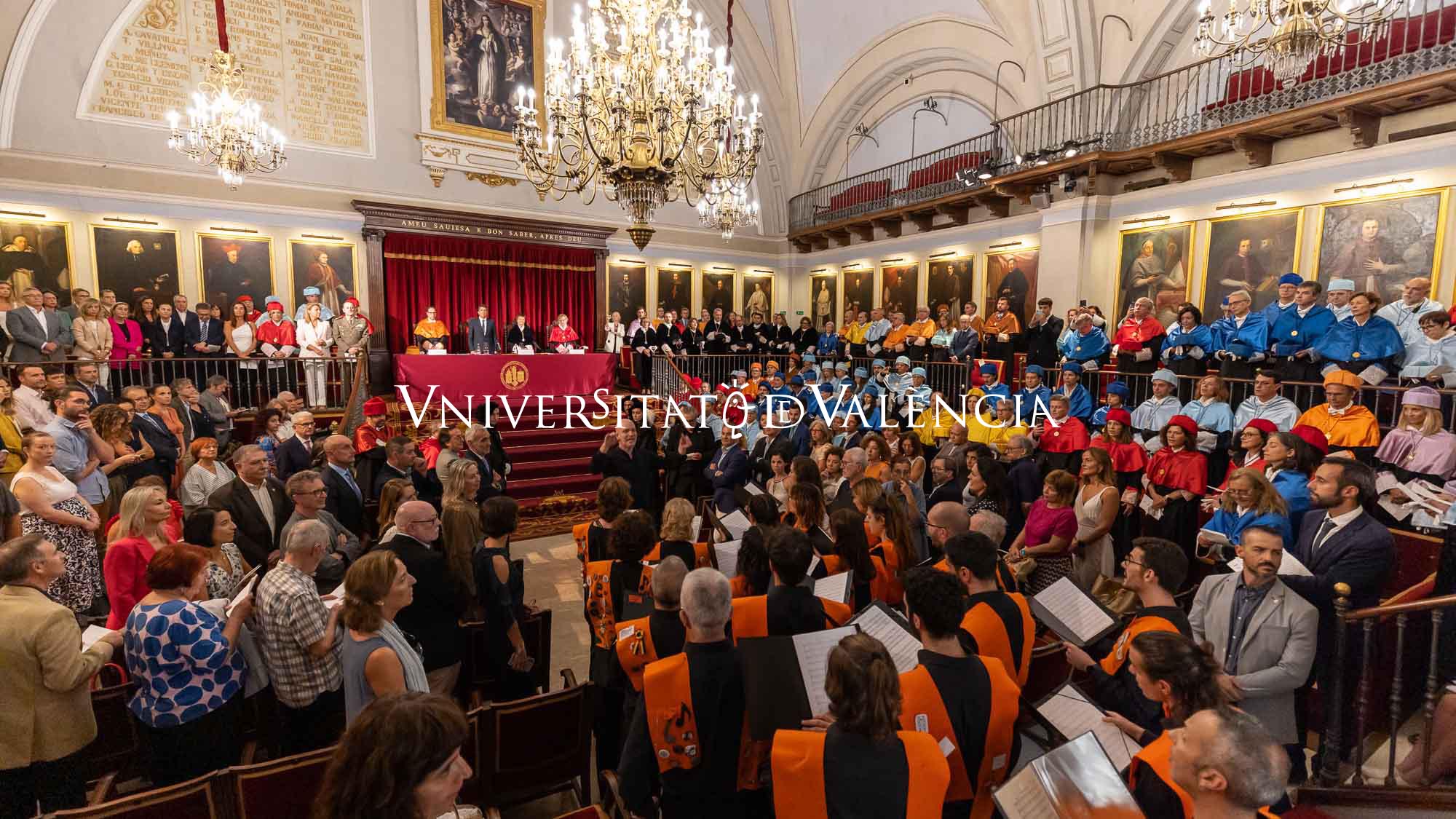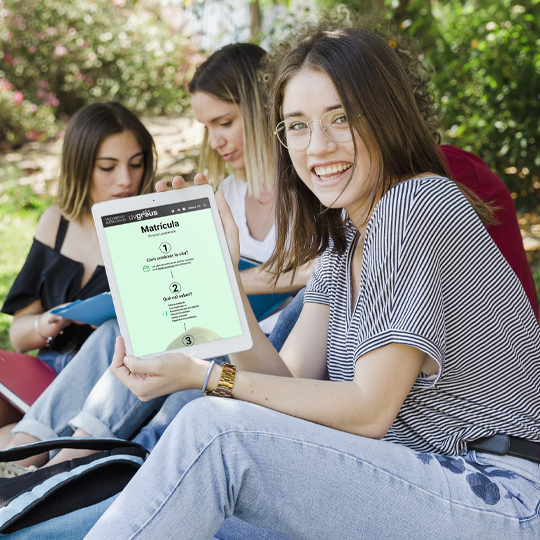
Researchers at the Institute of Materials Science of the University of Valencia, in consortium with various European companies and institutions, are developing a system based on photonic biosensors for rapid diagnosis of food allergies. The objective of this project funded by the EC is to make a low-cost instrument that in fifteen minutes, and from a single drop of blood, perform effective allergy tests potentially for hundreds of foods, simultaneously and without risk to patients.
Undiagnosed food allergies and unsuitable diets are, according to the experts, factors that can significantly reduce the quality of life of people, and even cause death. More than 15 million people in Europe suffer from food allergies, including 6% of children, and this number grows progressively with great social and economic costs.
"Currently, the most common allergy tests are expensive tests and especially traumatic for children, as well as pose a risk of adverse reactions," said Daniel Hill, coordinator of POSITIVE- as the project is called - and researcher of the UMDO (Unit Optoelectronic Materials and Devices) group in the Institute of Materials Science at the University of Valencia. "Beyond the project, the idea is to be able to put a food allergy diagnostic instrument that is fast, effective and safe in the office of every pediatrician, so that they can test during the first few years of life. The incorporated technology will on one hand allow the analysis from just one drop of blood, overcoming the frequently troublesome blood sampling issue, and on the other provide much greater information for a more precise diagnosis.
POSITIVE is a multidisciplinary project focused on the development of a system of high-tech biosensors oriented to the recognition of biomolecules symptomatic of allergic reactions to food from patients. The system combines different technology components, some of which are reported in various scientific journals (IEEE Photonics, 4, 3, 986, Lab on Chip: 2012.12, 3032-3035, etc.), that demonstrate multiple applications in different fields such as, for example, analysis of blood markers or filter laboratories. From the developed fluidically compatible porous membrane with biosensor functions, the first polymeric material developed especially for microfluidic devices, or a new module for filtering blood that solves certain problems and improves on previous systems, to a more stable instrument, a patent on polymer coatings and a disposable cartridge for the detection of biomolecules responsible for allergic reactions the first functional instrument will be built in February 2013.
According to Daniel Hill, the instrument will be ready to begin clinical trials with patients from June, and testing will take place at the Hospital of the Universitaetsmedizin Berlin (Germany). "According to our calculations, from the bioassays using non-human molecule samples, the final prototype will be able to detect up to ten different food allergy measurements," says Hill. "The objective, once the project has ended, is to build a commercial instrument capable of detecting all food allergies at the same time, quickly, safely and at a very low cost."
Furthermore UMDO team of the University of Valencia, form the research group POSITIVE European companies and institutions such as the Centre Suisse d'Electronique et microtechnique, SA-CSEM (Switzerland) - Farfield Group Limited (UK), PHYLOGENE (France), Charité - Universitaetsmedizin Berlin (Germany), Universita Degli Studi di Trento (Italy), Consiglio Nazionale delle Ricerche, Milan (Italy) and Kungliga Tekniska Hoegskolan (Sweden).
The POSITIVE project is being followed by the world leader in this sector. This is the Phadia, a division of the multinational Thermo-Fischer, who from the beginning has shown interest in the development of the technology.
POSITIVE: www.uv.es/positive (dr. Daniel Hill, coordinador del projecte)
UMDO: www.uv.es/umdo (responsable del grup: prof. Juan P. Martínez Pastor)
Last update: 10 de january de 2013 13:12.
News release

























